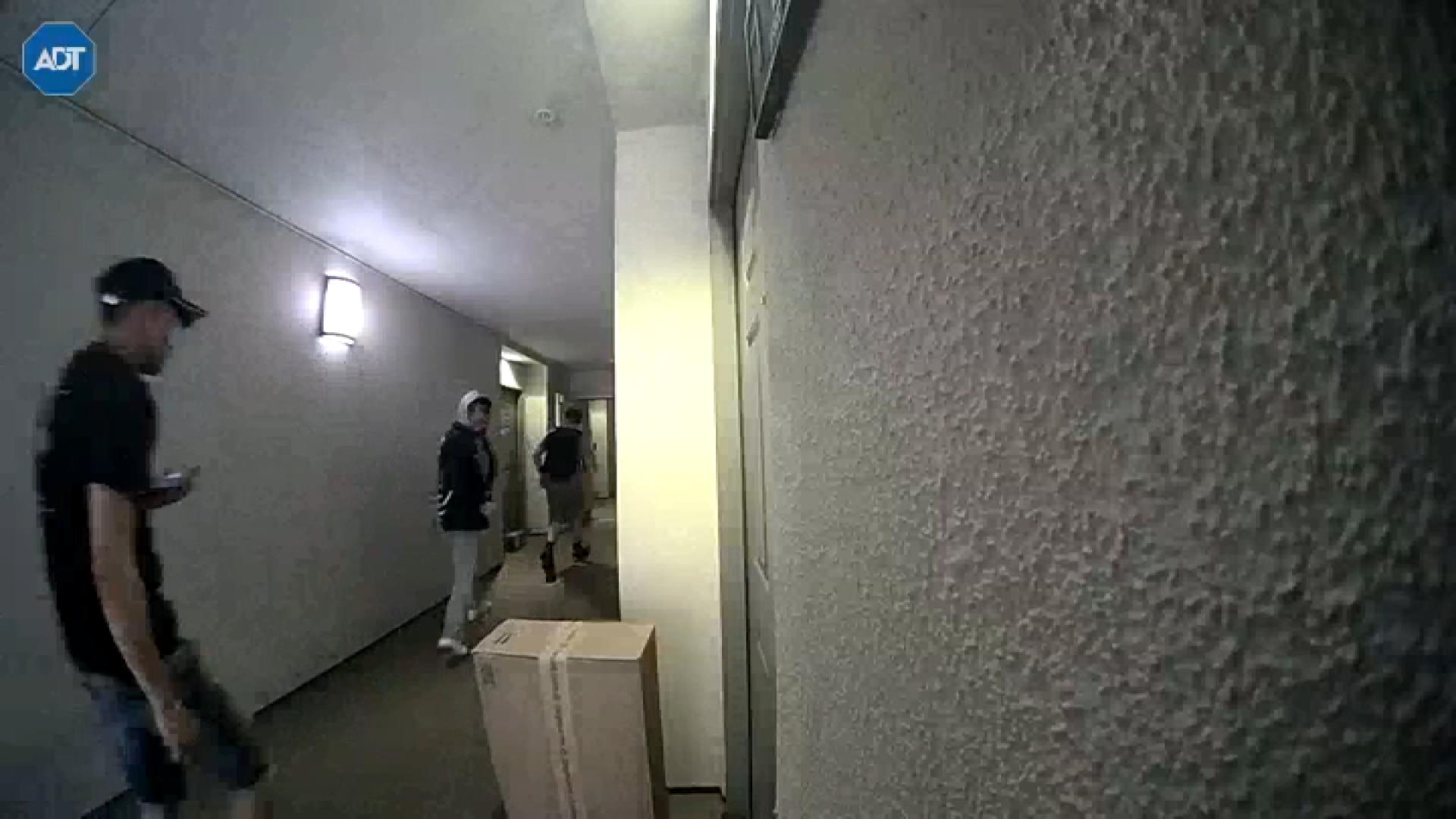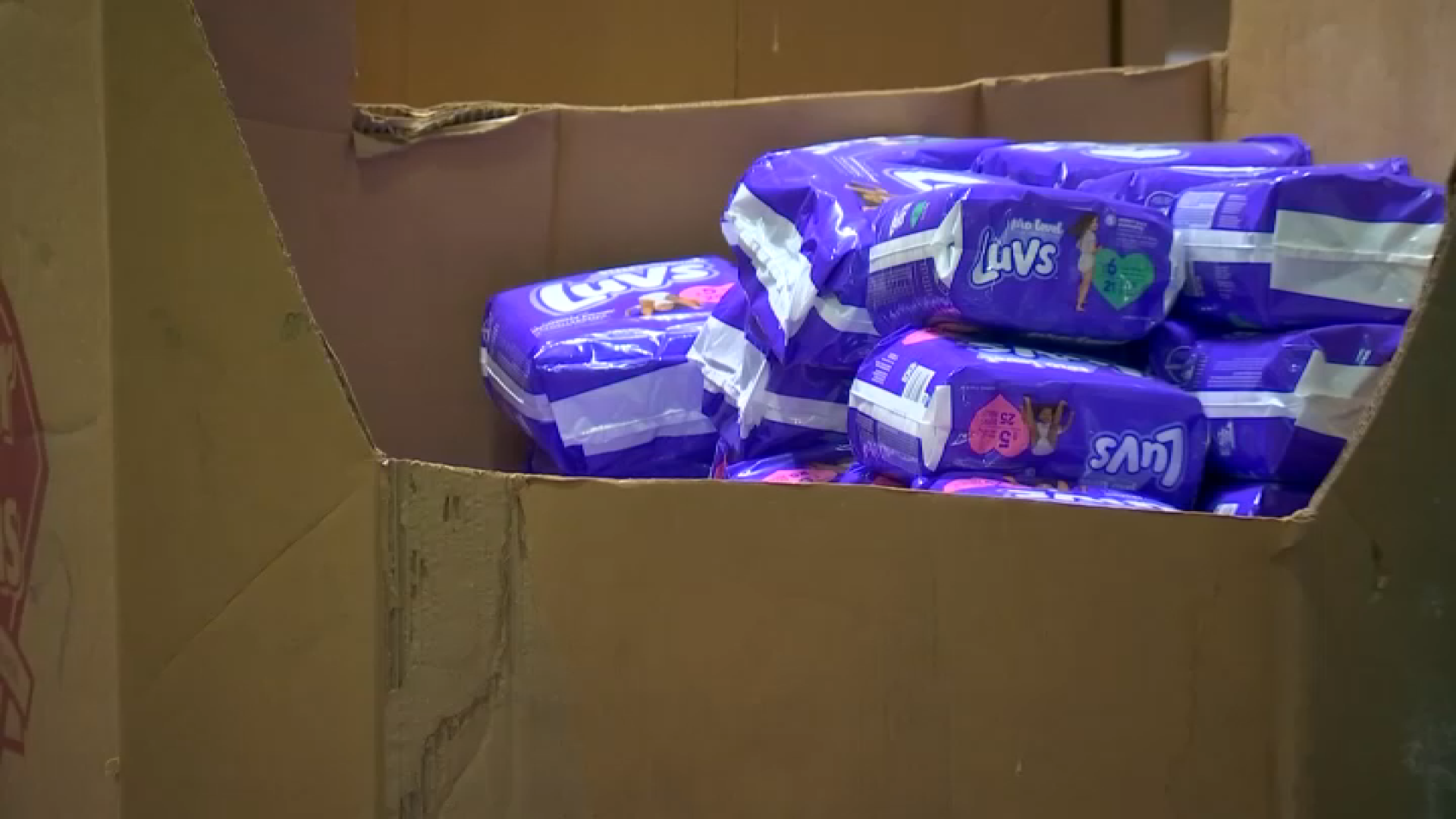Almost 100 square miles in Los Angeles County have been quarantined against a potentially devastating citrus disease, the first signs of which were found last week in a lemon-pummelo tree in a residential yard.
Quarantine Map: LA and Orange Counties (pdf)
The quarantine will stay in place for a minimum of two years, said Jay Van Rein, spokesman for the California Department of Food and Agriculture. Some plants can have the disease and not be symptomatic for at least two years, while others could show signs of infection within a couple months.
The fruit is safe to eat and won’t harm humans or pets, but the quarantine bars the green-thumbed within those 93 square miles from sharing clippings from their yards, grafting between trees or sending fruit outside of that boundary.
Only one known tree in the Hacienda Heights area has contracted the disease, but inspectors have found the carrier bug in the area, Van Rein said.
“Ever since Florida got it a decade ago, it was likely it would eventually come here,” Van Rein said. “When the [bug] arrived a few years ago, we knew the disease was not far behind.”
Fruit on an infected tree may look like it’s ripening before reverting to green, Van Rein said. Yellow or blotchy years, misshapen fruit or buds are also signs that the tree may have contracted the disease.
Local
Get Los Angeles's latest local news on crime, entertainment, weather, schools, COVID, cost of living and more. Here's your go-to source for today's LA news.
“It’s an oversimplification, but basically the disease works by clogging the pipes of a tree,” Van Rein said.
Those unsavory symptoms are signs that the tree isn’t getting the nutrients it needs, he said.
Carried by the Asian Citrus Psyllid bug, the infection is spread through a process similar to pollination.
The tiny insect pierces the tree while feeding, grabbing the disease before moving on to pierce another tree, spreading the infection, Van Rein said.
It’s difficult to pinpoint how the bug made its way to SoCal. The pest could have traveled on citrus plants brought to the Southland from infected areas, such as Gulf Coast states, Mexico or Asia.
“We deal with inspections every day,” Van Rein said. “But we can’t go through [all shipments], so sometimes they get through.”
A normal agricultural quarantine ranges between 81 and 100 square miles, Van Rein said. But the treatment area is much smaller and will likely encompass about 800 square meters around the infected tree.
“I’m sure this is not California’s last experience with this,” Van Rein said.
Agriculture officials have been prepping for several years, ever since the psyllid was discovered in Southern California.
So far, there is no known cure and infected trees will likely die within a couple years of contracting the disease, Van Rein said.
Brazil and Florida, places where crops have been ravaged to the tune of billions of dollars, are investing in research to treat the disease or breed a variety of citrus resistant to the damage, he said.
Officials are urging the community to help track the disease using a mobile app, dubbed SAVE OUR CITRUS, the data from which is collected by the U.S. Department of Agriculture.
The free application, available at iTunes, allows the user to send a photo of misshapen or discolored fruit to citrus experts, who will respond with a diagnosis.
Biologists, entomologists and state and local officials will be available Thursday night for an open house, where those in the know will explain the disease and how to prevent its spreading.
The meeting will be held from 5:30 p.m. to 7 p.m. in the Industry Hills Expo Center’s Avalon Room. Visitors are welcome to stop by at any time during that window.
Follow NBCLA for the latest LA news, events and entertainment: iPhone/iPad App | Facebook | Twitter | Google+ | Instagram | RSS | Text Alerts | Email Alerts



